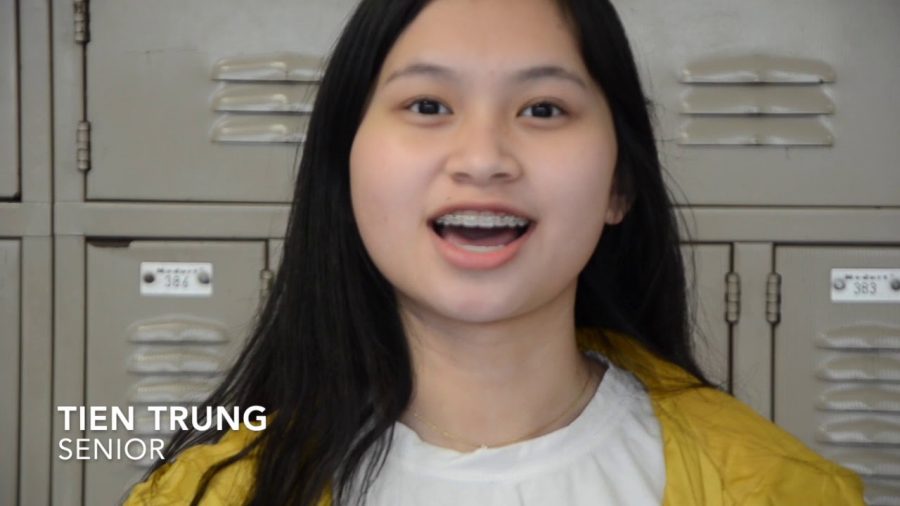
At 11 a.m. on Friday, April 12, Mohandas Karamchand Gandhi’s grandson spoke on the University of Missouri-Columbia’s campus. Rajmohan Gandhi, biographer and journalist, spoke at Stotler Lounge in UMC’s Memorial Union. He was accompanied by UMC journalism professor Charles Davis and UMC political science professor Paul Wallace. Wallace and Davis kept up a constant stream of questions regarding the Indo-Pakistani conflict to which Gandhi responded.
The main focus of the Q&A was the history and implications of the conflicts; topics ranged from leaders to geography to population concentration in the two countries. After about an hour-long discussion, the discussion opened up to the approximately 50 audience members who could then ask questions.
Nearly half of the audience consisted of RBHS students, including several AP World History students who came to the discussion as a class. Sophomore C.J. Phillips was one of the students who attended. Though he didn’t know what to expect upon arriving, he left with a very different impression of the Indo-Pakistani conflict.
“We definitely do have this polarized view of India and Pakistan, and they’re always at each other like mad dogs like North Korea and South Korea, ” Phillips said. “But it was interesting to hear that they actually have very peaceful interactions and are more friends than enemies.”
In addition to talking about the relationships between Indian and Pakistani people, Gandhi talked about the causes of the conflict, drone attacks, the future of the conflict and the influences of outside countries. Gandhi has written books on the Indian independence movement, Indian-Pakistani relations, human rights and conflict resolution. Gandhi also wrote a biography on his grandfather, whom he talked of briefly today.
Phillips’ biggest take away from the event was that “India and Pakistan are a lot more complicated than I previously thought.”
By Trisha ChaudharyVideos by Urmila Kutikkad
[media url=”https://vimeo.com/63947844″ width=”640″ height=”360″] [media url=”https://vimeo.com/63948957″ width=”640″ height=”360″]















































































